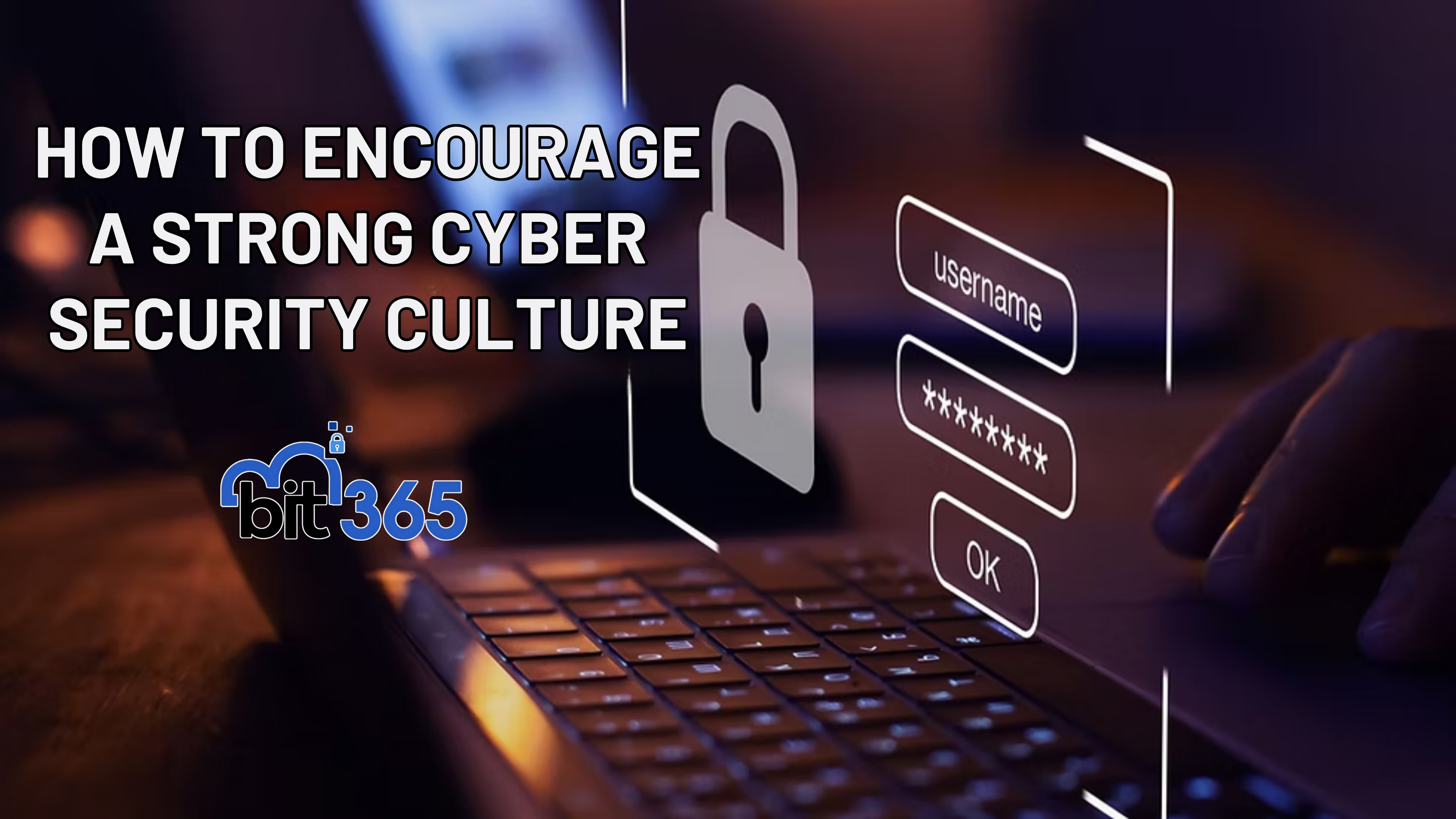
Got IT issues slowing you down? We provide both on-site and remote support across Australia, so help is never far away.
Cybersecurity is no longer optional—it’s a critical layer of business protection. But with so many tools on the market, it’s easy to confuse similar-sounding solutions. One common area of confusion is the difference between endpoint security and antivirus software.
Although both aim to protect systems from threats like malware and ransomware, they serve very different roles in a business IT environment. If you're managing a modern workplace or working with an MSP like BIT365, understanding these differences can help you make more informed security decisions.
Antivirus software is a legacy security solution that primarily protects against known viruses and malware. It works by scanning files and programs on a device—typically a PC or laptop—and comparing them against a database of known threats.
Key Features of Antivirus Software:
Antivirus is ideal for individual devices and small environments, but as businesses scale and threats evolve, antivirus alone becomes insufficient.
Endpoint security is a more comprehensive, enterprise-level solution designed to protect an entire network of endpoints—devices like laptops, desktops, mobile devices, and servers.
Rather than just scanning for viruses, endpoint security takes a multi-layered approach that includes behavioural analysis, data loss prevention, encryption, and policy enforcement. Managed endpoint detection and response (EDR) platforms like Huntress — which BIT365 provides—fall under this category.
Key Features of Endpoint Security:
Antivirus and endpoint security might sound similar, but they’re quite different in how they protect your business. Antivirus software is designed to protect a single device — like your personal computer — by detecting and removing known viruses. It typically works by scanning files and programs and comparing them against a list of known threats. It’s simple, straightforward, and often used at home or in very small businesses.
Endpoint security, on the other hand, is built for businesses that need to protect multiple devices across a network — including laptops, desktops, servers, and even smartphones. It offers a more advanced, layered defence. Instead of just looking for known viruses, it uses smart behaviour-based tools to catch suspicious activity, even if it’s never been seen before. It also allows IT teams to monitor all devices from a central dashboard, apply security policies, and respond quickly if something goes wrong.
In short, antivirus is basic protection for individual devices, while endpoint security is a business-grade solution that protects your entire IT environment. If your business relies on more than just one or two computers, endpoint security is the safer, more reliable choice.
Today’s threat landscape is more advanced than ever. Cybercriminals don’t just use viruses — they use fileless malware, phishing attacks, and social engineering tactics to gain access to your systems. Relying on antivirus software alone leaves critical gaps. Many insurers now require strong endpoint security to approve policies. Learn why cybersecurity insurance matters.
With remote work, cloud computing, and mobile device usage growing, organisations need a security strategy that:
Solutions like Huntress EDR or Sophos MDR, which are part of BIT365’s cybersecurity stack, provide exactly that level of advanced protection.
If your business is still relying solely on traditional antivirus, it’s time to upgrade when:
At BIT365, we don’t just install software—we implement end-to-end security frameworks tailored to your business. Using advanced tools like Huntress Managed EDR, Avanan email security, and Microsoft 365 conditional access policies, we help secure your digital operations while maintaining performance and compliance.
Need a health check on your current security setup? We’re here to help.
While antivirus software is still useful for basic protection, it’s no longer enough for modern businesses. Endpoint security offers layered, intelligent, and scalable protection that evolves with today’s threats.
If you're unsure where your current security stands, talk to the team at BIT365. We'll help you assess your risk and implement a tailored endpoint security solution that keeps your business safe and compliant.

Got IT issues slowing you down? We provide both on-site and remote support across Australia, so help is never far away.
BIT365 offers a full range of managed IT services, including cybersecurity, cloud solutions, Microsoft 365 support, data backup, and on-site or remote tech support for businesses across Australia.
No. While we have a strong presence in Western Sydney, BIT365 supports businesses nationwide — delivering reliable IT solutions both remotely and on-site.
We pride ourselves on fast response times. With remote access tools and on-site technicians, BIT365 can often resolve issues the same day, keeping your business running smoothly.
BIT365 combines local expertise with enterprise-grade solutions. We’re proactive, not just reactive — preventing issues before they impact your business. Plus, our friendly team explains IT in plain English, so you always know what’s happening.
